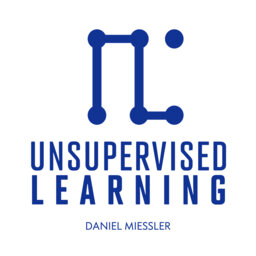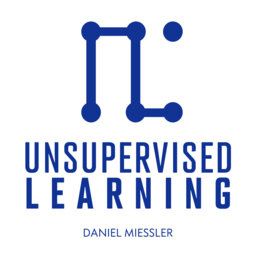UL NO. 425: The Efficient Security Principle
US drone combat, extract ideas from any book, Pinker writing analysis, Flipper reversal, GPT-5 updates, and more…
Subscribe to the newsletter at:
https://danielmiessler.com/subscribe
Join the UL community at:
https://danielmiessler.com/upgrade
Follow on X:
https://twitter.com/danielmiessler
Follow on LinkedIn:
https://www.linkedin.com/in/danielmiessler
See you in the next one!
 Unsupervised Learning
Unsupervised Learning


